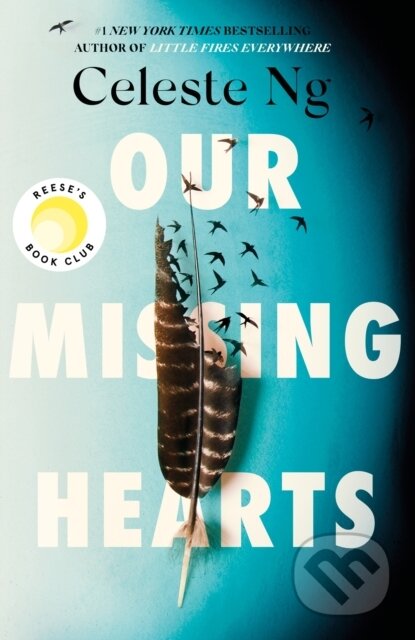
And so when my mind started thinking in that direction, I started imagining, you know, what might that world be like? And then I started looking at history and finding, as you said, how many examples there are in our past, in the past of other countries and, frankly, still in our present, all kinds of ways that these prejudices are enacted in law. And then I am a parent as well, and I think that as for many parents, one of the worst things I can imagine is being separated from my child. My parents are immigrants from Hong Kong. NG: A lot of those are issues that are not academic to me. What led you to build the novel around those sorts of things? I mean, there has been anti-Asian violence. You know, a lot of these things are very recognizable to our times. RASCOE: You mentioned that the society where this is set, it's kind of like the United States that we live in today, but you said with the volume turned up. And he gets a letter from his mother, as we heard in that paragraph, and he starts wondering about where she is, why she's gone, and he's sort of drawn into a quest to find her. And she's Chinese American, and his father is white, so he's multiracial. His mother has left the family some years before. So when the novel opens, Bird is growing up without his mother. They're really looking at China as their economic enemy, their political enemy. It's a world that recently went through a period of economic turmoil and the social turmoil that comes along with it, and as the country has recovered, one of the things that sort of helped them recover is this sense of nationalism. So Bird is 12, and he is living in a version of America that's like ours but maybe with the volume turned up a little bit - is the best way I can explain it. What is going on in his life when we meet him? The novel is called "Our Missing Hearts," and author Celeste Ng joins us now to talk about it.

Their parents have no idea where they are. Authorities remove children from their homes, assign them to new families.

In this dystopia, violating PACT, even questioning the law, puts families at risk. RASCOE: His mother, a poet and an activist. And because of this, he knows it is from his mother. No return address, only a New York, New York postmark six days old. But eventually, it had been deemed harmless and sent on its way. It had caused confusion at the post office, the clerk unfolding the paper inside, steadying it, passing it up to his supervisor, then the boss. Celeste Ng's new novel opens with a preteen boy and a sense of foreboding, a la The Preserving American Culture and Traditions Act, or PACT, looms over everything.ĬELESTE NG: (Reading) The letter arrives on a Friday, slit and resealed with a sticker, of course, as all their letters are.


 0 kommentar(er)
0 kommentar(er)
